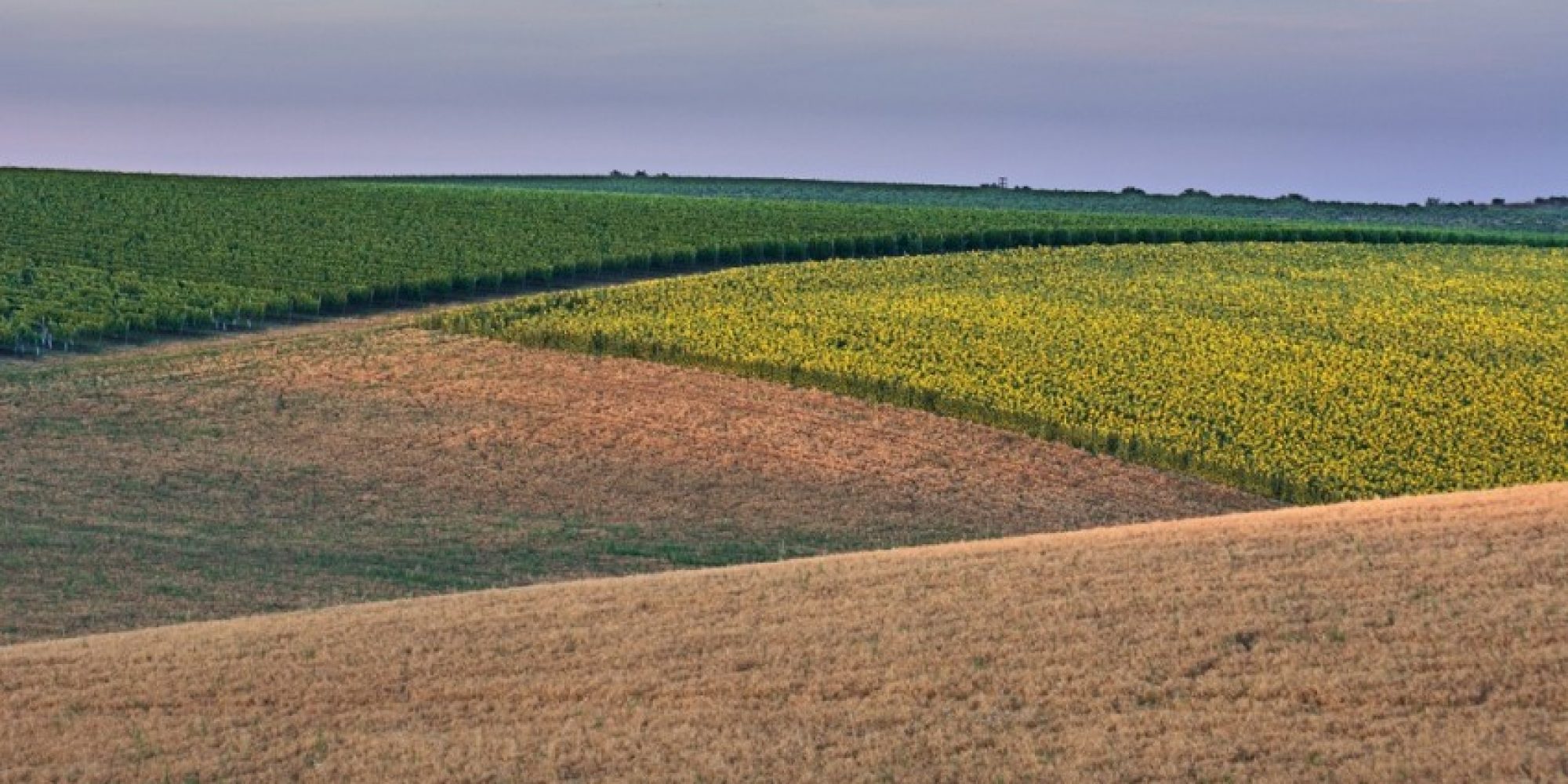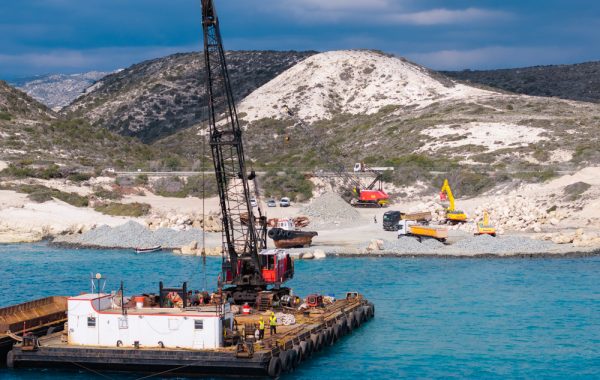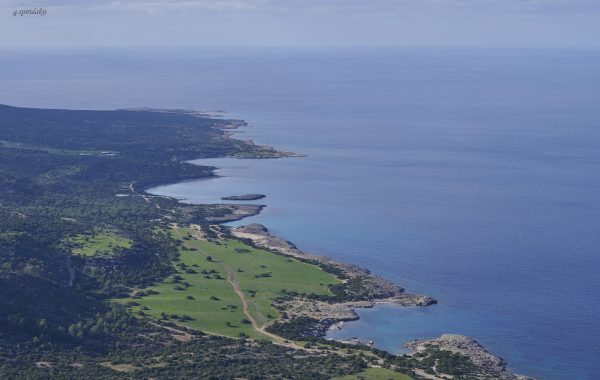Nature in peril as Europe faces another decade of biodiversity-killing intensive farming
Today the European Commission released their highly anticipated Common Agricultural Policy (CAP) reform. The new plan does not guarantee any spending on biodiversity and grotesquely slashes funds ring-fenced for the environment with cuts going as far as 80% across the board.
The heart of the new policy sees a massive renationalization of decision-making power over farm subsidies. The lack of effective environmental safeguards opens the doors to a new wave of support for harmful intensive farming.
The European Commission’s claim that the new proposal will deliver a higher environmental and climate ambition has fallen flat. The reform pins all its hopes to achieve EU objectives on wishful thinking, assuming that Member States will pursue public over vested interests. The last 20 years of CAP implementation suggests that when given the option, agricultural ministers tend to cave in to the powerful intensive farming lobby. The prospect of increased subsidiarity without increased accountability raises the spectre of a race to the bottom where each country tries to outcompete the other with production subsidies. This would lead to a downward spiral of overproduction, increasingly devastating environmental impacts and collapsing farm viability.
The CAP proposal fails outright to deliver on the fundamental change needed in Europe now.
- It ignores the collapse of biodiversity by not allocating money for Natura 2000, the European network of protected sites, and massively reduces by up to 80% ring-fenced funds for the environment.
- It makes no credible attempt to support the promised transition to sustainable farming, and leaves the door wide open to perverse subsidies.
- It completely overlooks the need to change consumption patterns ranging from unhealthy diets to food waste.
The proposal steam rolls over European citizens, completely ignoring the over 255,000 (80%) who, in the Commission’s own public consultation, called for radical reform and even the majority of farmers who said that the CAP does not do enough for the environment.
The ball is now in the camp of Member States and the European Parliament who can still save biodiversity from its CAP-driven collapse. It is time for heads of states, finance ministers and leaders of political groups to stand up to the intensive farm lobby and defend citizens’ interests.




